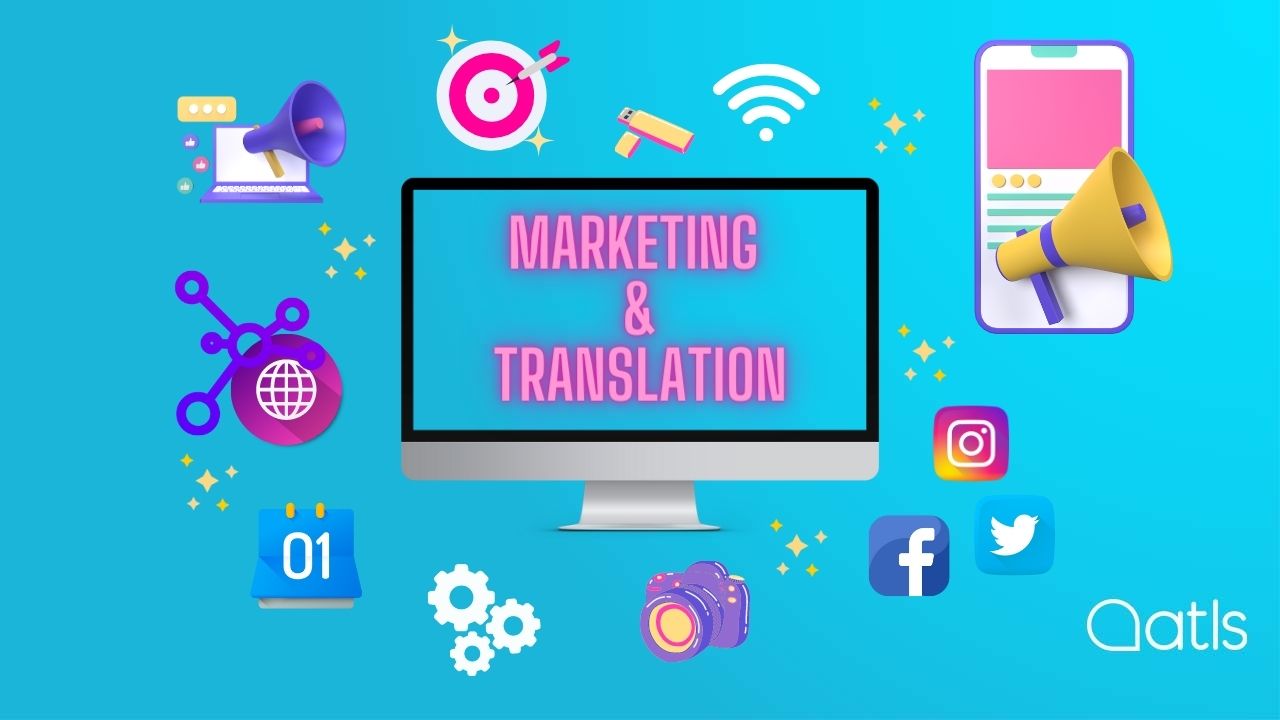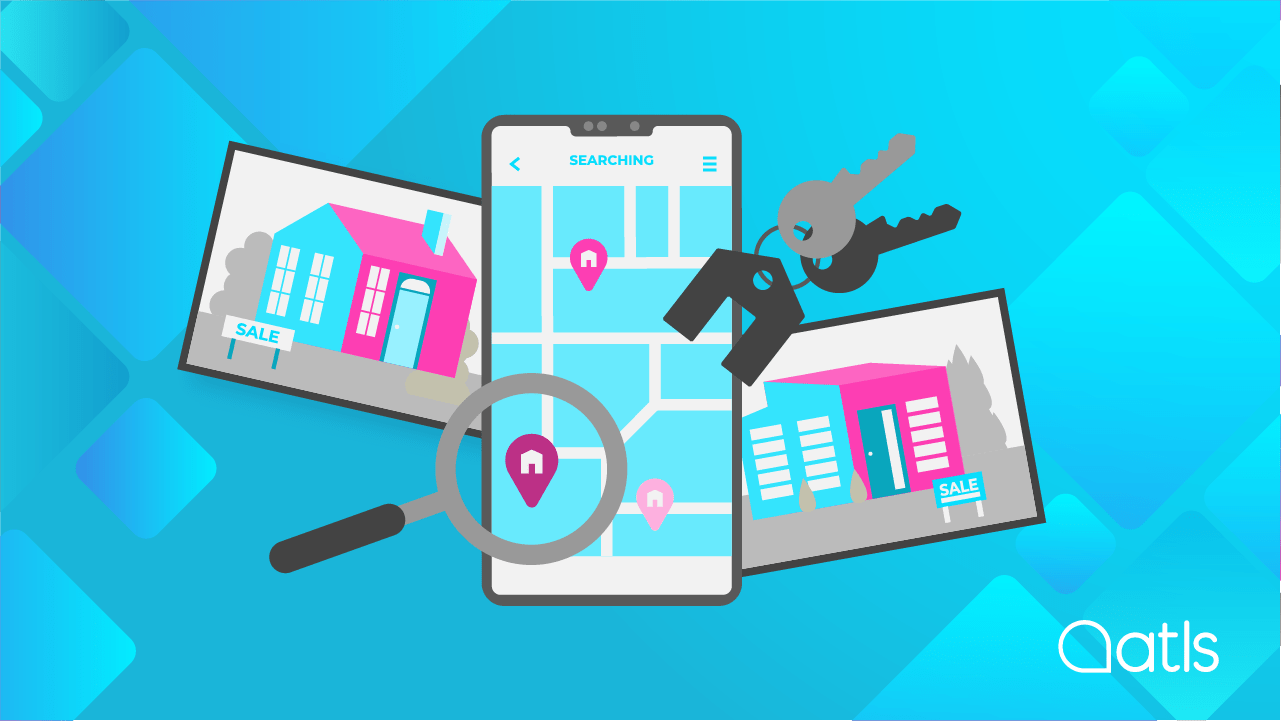Translation and marketing, two great allies

In today's competitive marketplace, businesses aspiring to long-lasting growth need to broaden their horizons and come up with an internationalisation strategy that will result in better penetration of foreign markets. Marketing departments have a key role in this, in terms of planning communications for their new audience, so within an organisation they're one of the departments with the greatest need for translation. And to make sure your international expansion strategy is robust, it's absolutely essential to work with native professional translators in the language spoken in the new target market. Do you want to know how professional translations can help marketing and communications departments? We'll tell you in this post.
Translation and marketing
Improve the impact of your internal marketing
If a proportion of a business' turnover comes from foreign markets, it's normal to see their operational structure grow, and it's not uncommon to see companies with offices across 5 continents, and teams of employees speaking a number of different languages. But even then, it's common for businesses not to allocate enough resources to communications with their internal audiences, and simply choose to draft their communications, newsletters, and corporate materials in English.
But in just the same way as marketing departments seek to localise their content so brand messages have the same impact among the new external target market, it's also a good idea to offer all your corporate communications in the native languages of the various offices a company has abroad. The aim of internal marketing is to satisfy the needs of employees and keep them as involved as possible in the company philosophy; offering them materials in another language could mean your brand's employees will lose interest in content, with it failing to have the desired impact.
Translation and marketing for localising campaigns
There's often the belief that when planning global marketing campaigns a literal translation will be enough, whilst both maximising your impact and reducing costs. However, the reality is that localising your marketing campaigns for the various countries you're working in will strengthen your brand identity at a global scale, and result in your brand retaining its distinctiveness in every market. And on the contrary, if you don't take your target audience's cultural aspects, beliefs, or conventions into account, it could lead to mistakes that irreversibly damage your brand's reputation in your target country.
Putting your trust in professional translators ensures that your message will be adapted creatively, as translators will have full and in-depth knowledge of your target audience, and will focus more on the meaning, brand values, and the right tone to make sure you achieve your communications goals. When you're looking at marketing translations, transcreation is what you need. It goes beyond the linguistic adaptation of a text and will make sure your message has the same impact and evokes the same sensations as the original, no matter where in the world it's received.
Improve your online conversions
Having an online presence is no longer an option: your business either has an internet presence, or you may as well not exist. E-commerce has managed to break down geographical boundaries and give brands the opportunity to multiply their target audience and aim for exponential sales growth. When it comes to optimising the content you offer foreign visitors on your e-commerce site, professional translation plays an invaluable role - both at the content level, and in terms of naming your products in the various countries you offer them.
When an overseas customer visits an e-commerce site, there's no worse first impression than a badly translated website. That's why we recommend you steer clear of automatic translations for websites that offer e-commerce services - after all, according to a CommonSenseAdvisory report 75% of online shoppers prefer to find content in online shops in their native language. A badly translated website generates mistrust in potential customers, and it's very likely that they won't end up following through with a purchase as a result. Entrusting professional translators with localising your e-commerce site guarantees an improvement in your online conversions from foreign visitors and prevents you from making mistakes like Zara did when trying to sell their so-called "slave sandals" on their German website, leading to a serious blow to their reputation in Germany.
If you'd like to find out how our team of native professional translators can help your marketing department with any translation or localisation project - no matter how big or small - contact us now. We'd love to help!




